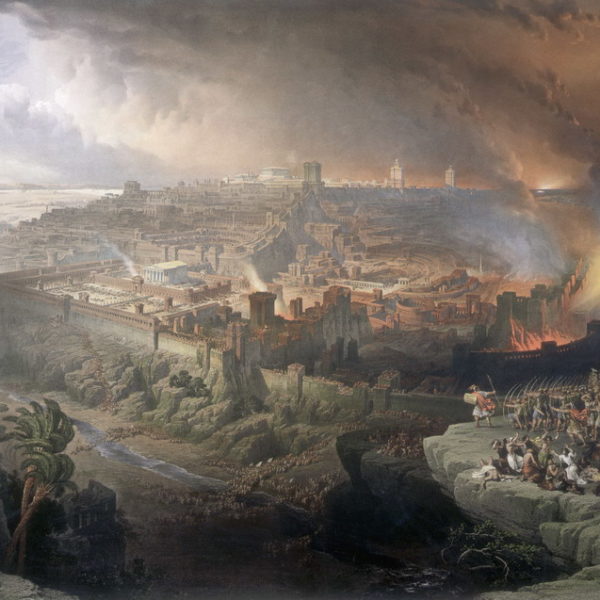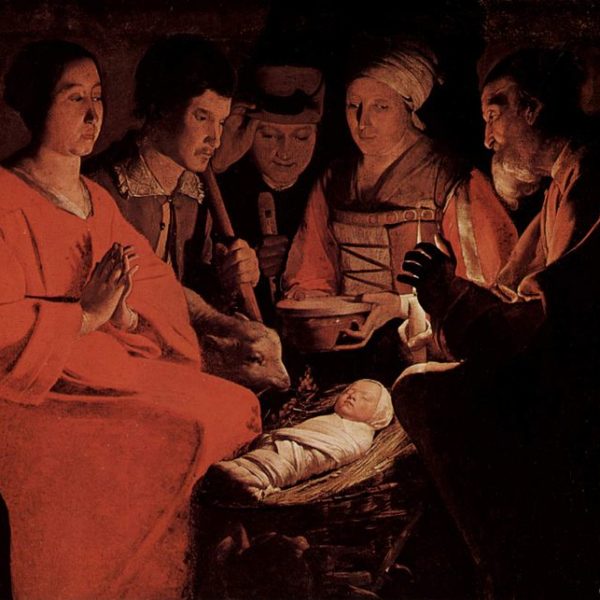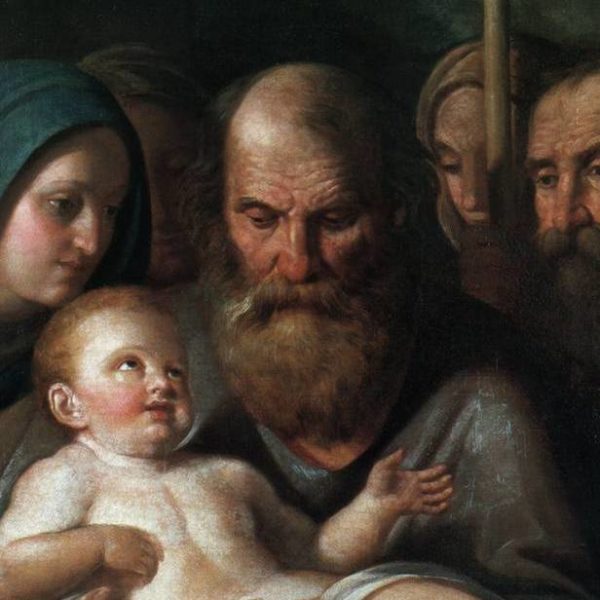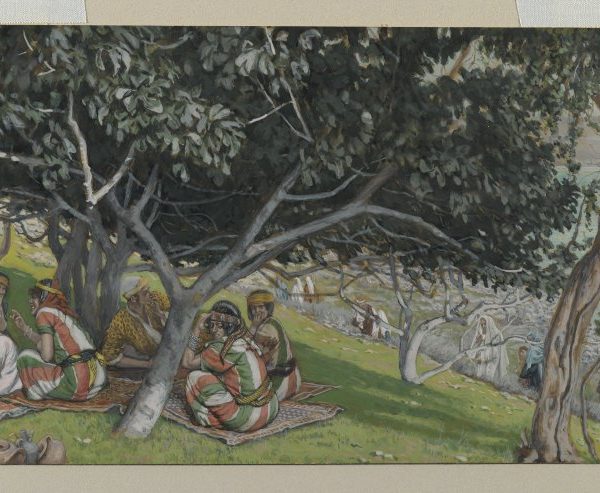
Jesus’ calling of Nathanael in John 1 illustrates the way in which God’s vision of us precedes our own. The primacy of God’s vision has implications for our politics and economics, unsettling our assumption that the world is measured and determined by our sight and valuation.
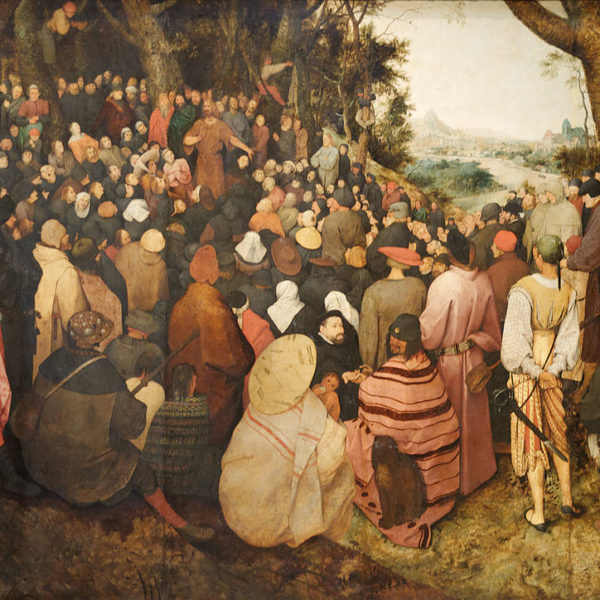
At moments of crisis, it can be the responsibility of committed individuals to secure and represent the self-understanding of the community or nation to which they belong, to provide the seed from which the entire social body can be renewed. Within easily neglected political dimensions of the baptism of John we may be recalled to our potential and vocation as political individuals in this regard.

…Instead of treating contemporary consumerism as a wholly negative phenomenon, Augustine suggests we look at the issue differently. The behaviour of the shopper or spiritual tourist is the way it is because of the deep structure of the human condition. The longing for fulfilment is at root an existential need: a secularized version of the call at the heart of Augustine’s Confessions: ‘You have made us for yourself, O Lord, and our hearts are restless until they rest in you.’

Righteous Joseph does not publicly shame his fiancée Mary, breaking with common practice in an honor and shame culture. The angel that appears to him calls him to take a further step, to assume the role of father to Mary’s curious child.
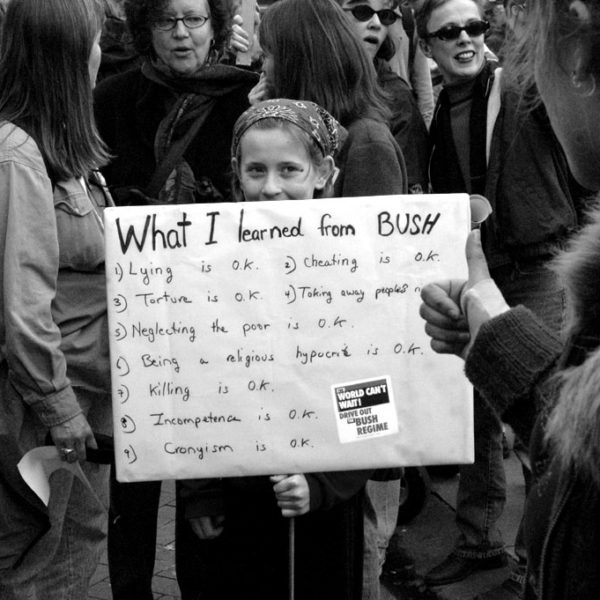
So what do the findings I have shared indicate for the future of the Christian right? They demonstrate despite the Republicans recent 2014-midterm results, that millennial Christians are more ambivalent about politics than their parents. According to Pew Research, millennial turnout in 2014 was down 6 points on the 2012 Presidential election, whilst there was 6 point increase amongst baby boomers aged 50-68. Older white Christian males swung the election in the GOP’s favour. Though this temporarily bodes well for GOP-Christian right relations, it is clear that there will be a significant age-gap problem very soon, for partisan ties are very much weaker amongst millennials.

Following Bush’s consecutive victories in 2000 and 2004 the Christian right have been labeled the ‘backbone’ and ‘base’ behind the Republican Party’s electoral successes.[1] Evangelical born-again Christians constitute around 26% of the US electorate according the latest Pew Research poll, of whom three-quarters consistently vote Republican.[2] For forty years the considerable convening power of these faithful conservatives have made them an attractive constituency for Republicans to court. Aligning with their social and cultural concerns, this relationship has generated a distinguishing feature amongst Western politics, the American ‘values voter’.
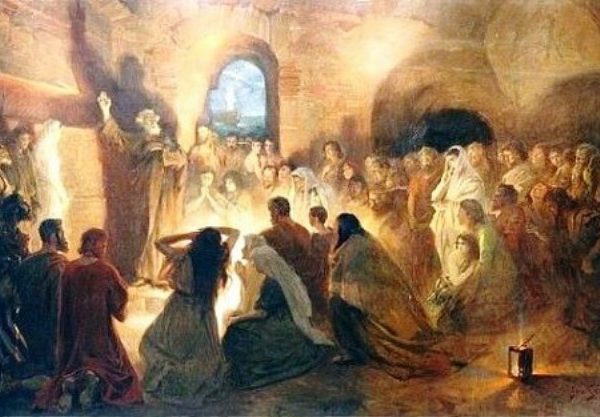
The Apostle Peter calls for the virtues of patience and peace in our waiting for the eschaton. At face value, these virtues might appear more congruent with an apolitical complacency. However, closer reflection reveals that they involve both the work of bringing peace and commitment to works of anticipation.
